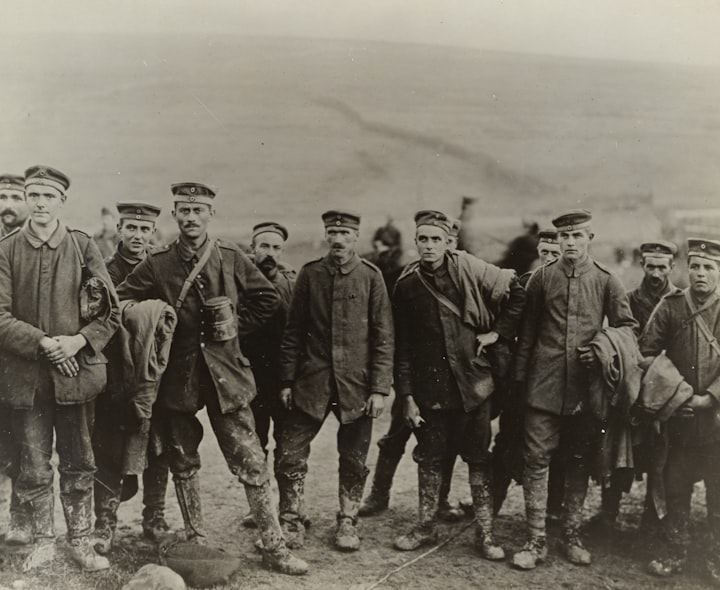
The combatants did not only remove their uniforms, but they burned them on the beach when they emerged from the submarine. It was the first thing they did. Their fatal mistake.
This was after they surfaced at night off the coast of Long Island, and proceeded to try to become spies. Their mission was to disband and travel throughout the United States to blow things up. It was June 1942.
They failed miserably. Fortunately.
Two of these four German spy-soldiers in Long Island tried to quickly turn themselves in at the local FBI, but were not believed.
The details of their subterfuge is well chronicled in a U.S. Supreme Court case, Ex parte Querin.
That was eighty short years ago.
Their defense attorney at trial claimed they had no real plan, nor any contacts, and thus could not have been successful anyway.
The trajectory of this group of German soldiers would probably long be forgotten if their story had not reached the halls of justice and been transcribed forever by the Supremes.
The Supremes convened, very unusually, during their break in August 1942 to decide the case. Talk about swift justice.
It's surprising that Hollywood has not made a movie of this calamity yet. The entire story, and the court cases, have enough plot twists to feed several sequels.
There were many legal issues at the military trial and even more all the way up on the two appeals.
The conduct of warring parties referred to as "jus in bello", from latin, is delineated by a body of law called, the Law of War, or, the more modern term, IHL, International Humanitarian Law.
It's an area of law different and distinct from say, plain 'ole domestic law, in that it provides additional legal limits to conduct. During Armed Conflicts. That's the point.
This body of law has origins deep in history, back to the Code of Hammurabi, King of Babylon, 1750 B.C. In more recent human history, we look to the writings of Hugo Grotius, from the 1600s, who first tried to record the rules, such as they were then. Rules of warfare.
Fast forward two hundred years and Abraham Lincoln asked the famous legal scholar, Francis Leiber, to write down all the rules in pamplet form for the Civil War soldiers, and thus launched a code for modern warfare.
One of the many principles of the rules of warfare is that soldiers, who are more properly called combatants now, must distinguish themselves from civilians, so everyone knows who is who.
If combatants are not going to distinguish themselves but carry out warfare directed by foreign governments, then they are, well, only spies.
No set of laws for protection for spies! Those dastardly meanies. Execution as punishment in most places.
No uniform on enemy territory? Then they're unlawful combatants, under the Laws of War.
There are protections for lawful combatants, but none for unlawful ones.
When these German combatants emerged on the Long Island Beach in 1942 and were spotted by a single Coastguard patrolman, they ran, hid and immediately started a bonfire to burn their uniforms.
So when they were eventually apprehended, they had no protections under the Laws of War. They had failed to distinguish themselves as combatants.
They could not claim protection as Prisoners of War, and at least avoid execution. At least that.
What did they expect would happen anyway?
Being carried off and held as a Prisoner of War would have been better for them. They might have been eventually traded and enjoyed freedom, back in the Fatherland.
There were many legal questions as to whether they should all be tried in a military tribunal, set up by executive order by President Roosevelt, or in domestic courts.
One of their creative defenses was that they were entitled to a trial by jury as per the 5th and 6th Amendments. The hard-pressed defense attorney argued that they did not land in a zone of combat or in a place with a plausible threat of invasion. And that they were too unprepared and dumb to succeed in any kind of clandestine mission anyway.
Every defense attorney I've ever known is creative. That's for certain. But the Supremes said, "no." Unanimous vote.
Lawful combatants wear uniforms.
About the Creator
Sav Map
Stories I find, or they find me.






Comments (1)
What an interesting story, which seems farcical in some ways, doesn't it?